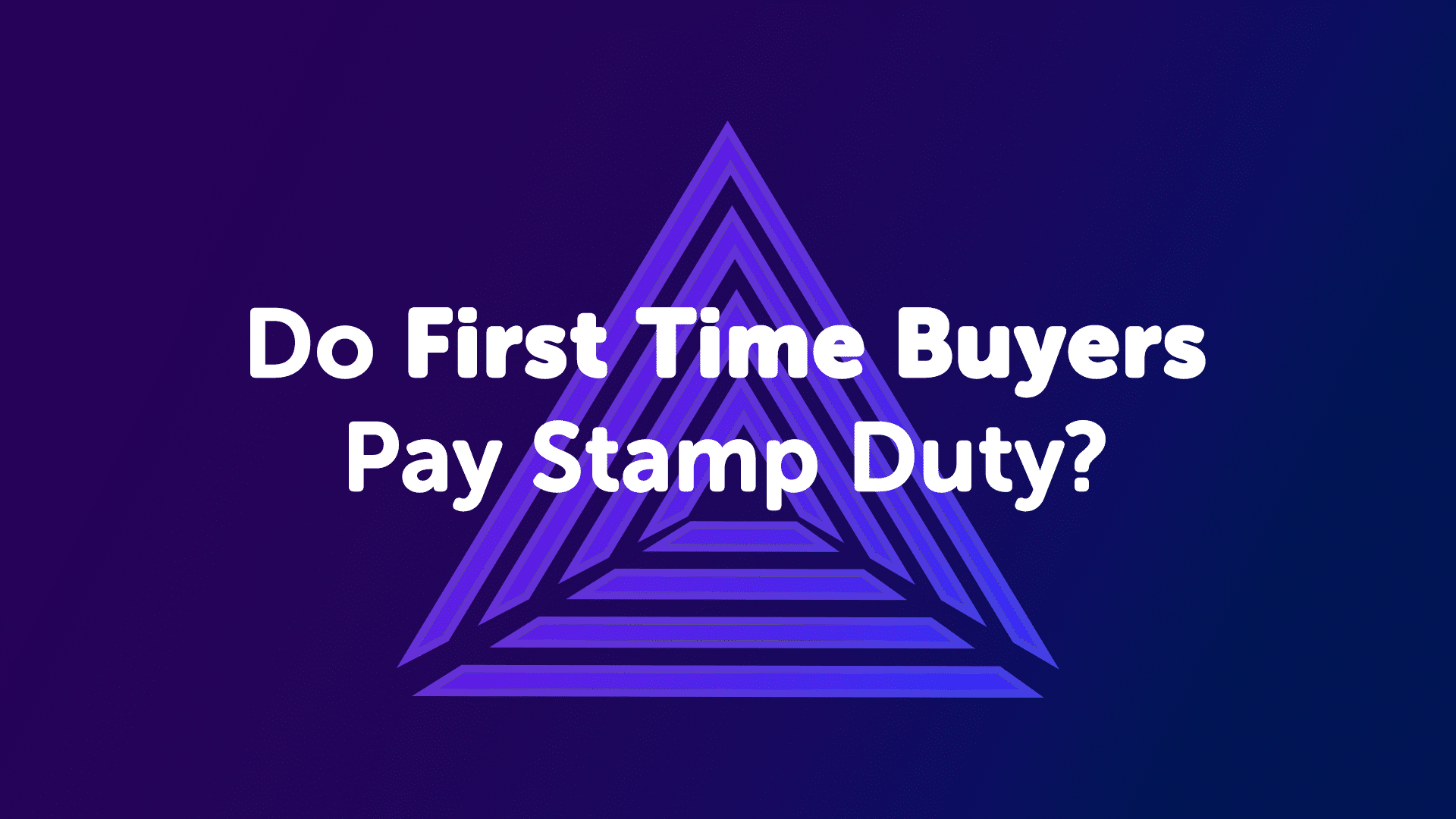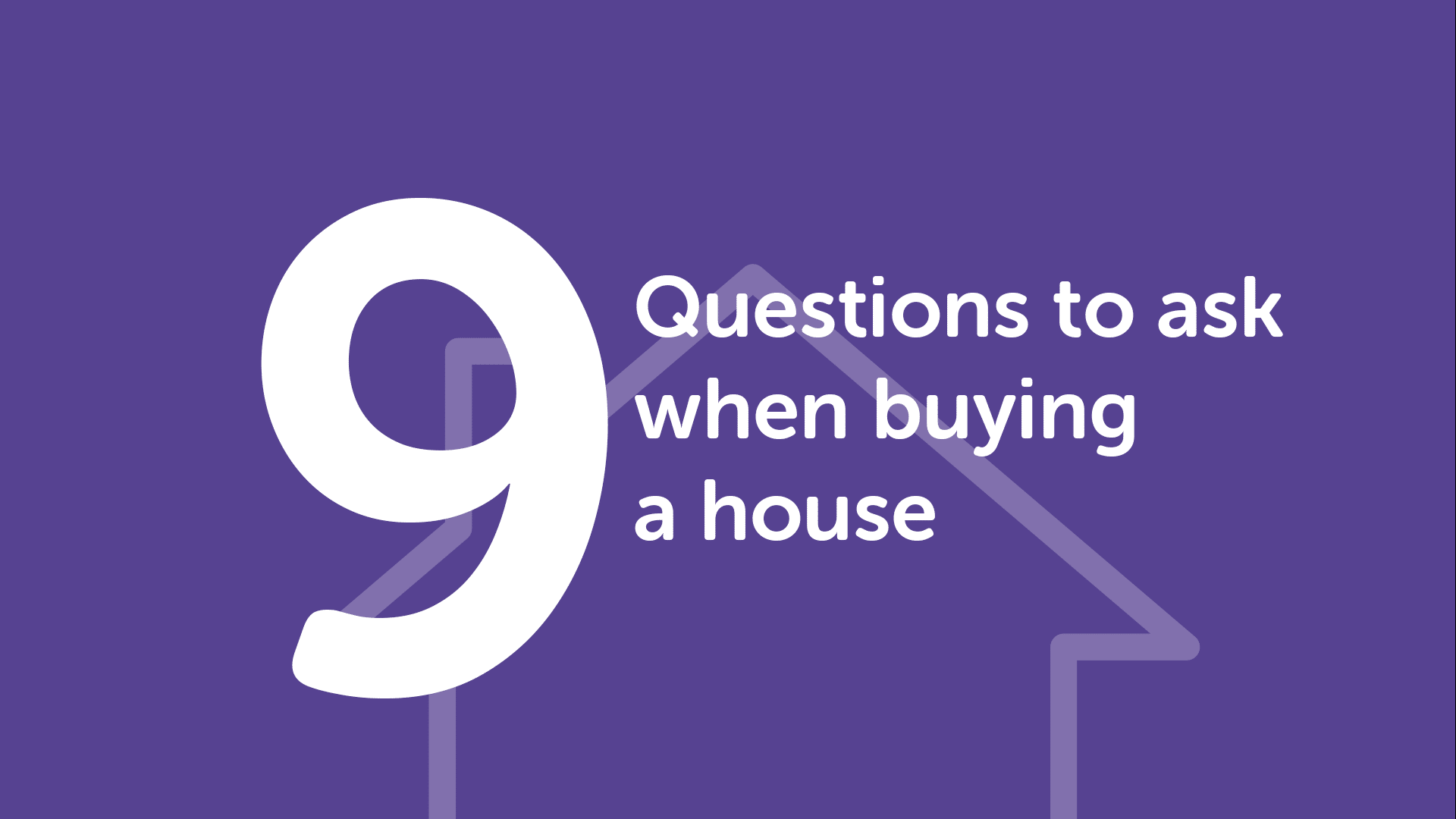Please note that the information contained in this article is for general guidance purposes only and should not be considered as legal, financial advice. All this content was relevant during the Coronavirus pandemic,
At the start of the Coronavirus pandemic, the Government promised that all borrowers would be allowed a three-month mortgage payment holiday on the condition that they needed it. Most lenders followed the Government’s guidelines and did their best to help out their borrowers during these hard few months.
We felt that it is best, to sum up, what mortgage payment holidays are, what lenders are doing, and who can deliver you with help and advice through these next few months.
What is a Mortgage Payment Holiday?
Mortgage payment holidays are agreements you make with your bank, building society or mortgage lender, allowing you to take a break from your monthly mortgage payments for a set period. In the case of the current COVID-19 crisis, homeowners are being granted 3-months relief.
The 3 months will be added on at the end of your term or your payments will be recalculated at a slightly higher level, meaning you will still have to pay those 3 months back eventually.
Your interest, however, carries on as normal, meaning you’ll technically be paying an additional 3 months of interest on top of what you’ve paid already.
Most lenders would likely prefer to not extend your mortgage term, as you may end up going beyond their standard retirement age. There’ll be more information on this over time.
Depending on the mortgage deal you have in place, you may be able to pay off a lump sum later on in the year to bring your mortgage in line with where it would’ve been had you not taken a holiday.
Mortgage Payments Holidays are available for those with residential mortgages and buy to let mortgages in Lincoln, meaning landlords will also have help if their payments are affected.
What is the Government Proposal?
The full proposal is in detail below:
- Mortgage lenders will offer an automatic 3-month mortgage payment holiday for customers impacted, directly or indirectly, by COVID-19.
- The mortgage payment holiday will apply to customers who are up to date on their payments, not in arrears, and wanting to self-certify that they are impacted by COVID-19.
- This means that lenders will not complete an income and expenditure assessment, or an assessment of alternate payment options as ordinarily required under MCOB.
- This proposal will allow lenders to be more responsive to customer needs and offer forbearance in a simple way to customers in an environment where the operation of collections teams made be also impacted by COVID-19.
- Customers will be made aware that interest will accrue in the holiday period and they will need to make up deferred payments in the future.
- Customers who wish to undertake a full assessment of their ability to pay or financial difficulty may still do so.
Mortgage Payment Holidays: How do I apply?
To discuss your options for Mortgage Payment Holidays, we would recommend speaking to a Mortgage Advisor in Lincoln to start with and not jumping straight into taking a holiday.
We’ll be able to take a look for you first and see if this option is something worth your time. Lenders will no doubt be facing an influx of calls, needing to be free to speak with the most urgent matters over everyone else.
We’ll look through your personal situation and see if there are any other options for you first before you decided to take a Mortgage Payment Holiday.
For a customer, up to date with payments, not in arrears and impacted by COVID-19:
- The customer would contact the lender and inform them that they are impacted by COVID-19.
- The lender would accept these details from the customer and offer an automatic 3-month mortgage payment holiday.
- No evidence will be sought from the customer.
- The lender makes the customer aware that interest will accrue and will be contacted at the end of the three months to complete an assessment of the customer’s circumstances.
- At the end of three months, an arrangement to pay will be agreed with the customer according to their circumstances to recover any shortfall, while ensuring that the mortgage remains affordable and sustainable.
- The lender notifies the customer that if they wished to complete a full assessment now, there may be other forbearance options more suitable to the customer.
Mortgage Payment Holidays – What does this mean for my Credit Score?
Generally, these can show up on your credit score as a negative mark, but most lenders have said if your case is linked to the virus, they’ll make sure it doesn’t affect your credit score at all.
It’s important that you speak directly with your lender to ask them this, recording their response. Also take the date and time, as well as the name of who you spoke to, to avoid any confusion later on. Different lenders will handle these things differently than one another.
Will I still be able to remortgage or take a Product Transfer with my lender?
Controversial for some, but there is now evidence that lenders are asking borrowers to try and not make changes to their mortgage whilst within the holiday period. This means, for the time being, you can’t take out a remortgage in Lincoln or product transfer.
In simpler terms, borrowers reaching the end of their current product may be forced to move to the higher lenders variable rate. This means many borrowers who act too quickly could find themselves on a Mortgage Payment Holiday that gains interest on a more expensive variable rate.
This is another reason why we highly recommend speaking to a Mortgage Advisor in Lincoln first, to determine the right path for you to take. If possible, try arranging a transfer prior to asking for a holiday, as that seems like a more sensible option.
What “Other Options” are available?
Some lenders are offering a temporary switch to interest-only, in order to reduce monthly payments by a large amount, while not adding on any further amount to the loan, by still servicing the interest each month.
You may not need to convert the entire mortgage to an interest-only mortgage and it may be that putting only a portion of this mortgage on that basis could give you room to breathe.
Those who have savings may prefer remortgaging onto an offset basis. This would reduce their monthly payments whilst keeping their savings safe and intact.
For example, someone with a £500,000 loan and £100,000 in savings would only pay interest on £400,000 reducing their payments accordingly.
For others, remortgaging onto another lender, calculating the cost of any early repayment charges, maybe all you need to ease the pressure you currently face. You could also simply extend your current term, thus spreading your payments across a longer time frame.
To discuss any of these options, or to just have a helpful chat about your current situation please contact us and we’ll see how we can be of assistance.
Date Last Edited: December 12, 2023















